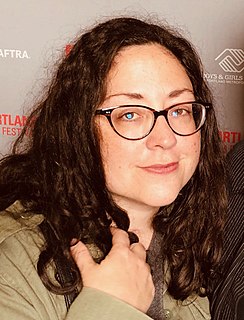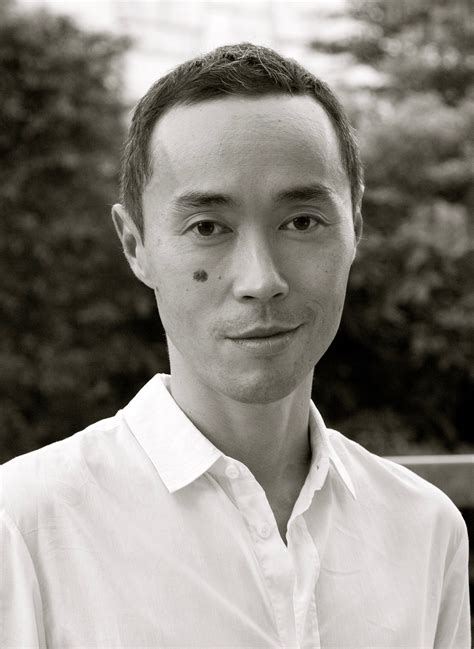A Quote by Amos Oz
There is a document in every novel in the world. Even in the most fantastic novel, even in science fiction, there is a documentary side. But, this side is not the crux of the matter.
Related Quotes
There is a document in every novel in the world. Even in the most fantastic novel, even in science fiction, there is a documentary side. But, this side is not the crux of the matter. I don't think a novel's main donation, main gift, is the document. The document is there, but a novel goes beyond documentation. It goes into opening a new vista, opening a new perspective, showing familiar things in an unfamiliar way.
I don't think a novel's main donation, main gift, is the document. The document is there, but a novel goes beyond documentation. It goes into opening a new vista, opening a new perspective, showing familiar things in an unfamiliar way, and making the reader reconsider the documentary facts which he or she may have known before.
It's disingenous for me to say that I wasn't trying to write a moral novel. By its very nature as a novel about the Iraq War, Fobbit steps into the political conversation. There's no way to avoid that. I can appreciate that readers are probably going to line up on one side of the novel or the other. I hope they go to those polar extremes, actually.
The more readings a novel has, even contradictory, the better. In journalism, you talk about what you know; you have provided yourself with records, you have gathered information, you have performed interviews. In a novel, you talk about what you don't know, because the novel comes from the unconscious. They are very different relationships with words and with the world. In journalism, you talk about trees; in the novel, you try to talk about the forest.
Once in a while - perhaps every 10 years, or even every generation - a novel appears that profoundly questions the way we look at the world, and at ourselves. Beijing Coma is a poetic examination not just of a country at a defining moment in its history, but of the universal right to remember and to hope. It is, in every sense, a landmark work of fiction





































